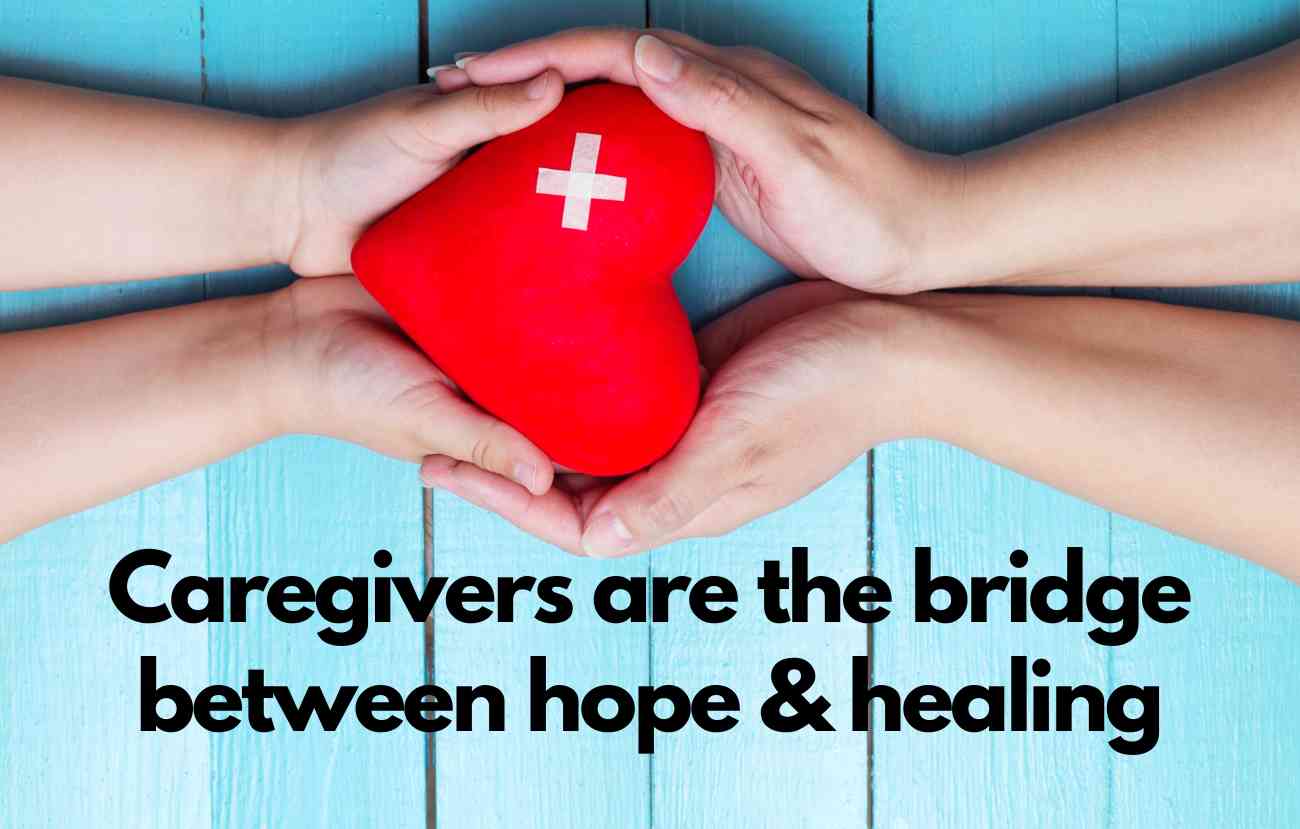
Health Education and Training For Caregivers
As the population continues to age, the need for skilled, knowledgeable caregivers is greater than ever. Whether caring for elderly adults, children, or providing general nursing assistance, caregivers play a vital role in supporting the health and wellbeing of those in their care. Proper training is essential to ensure caregivers have the skills and knowledge to provide excellent care.
A fundamental aspect of caregiver training is learning to properly monitor vital signs. Caregivers must be able to accurately measure temperature, blood pressure, pulse, and respiration rate. They need to understand normal ranges and be able to identify concerning changes that may require medical intervention. Training should cover techniques for taking measurements as well as interpreting the results.
˝For those caring for elderly individuals, additional training is crucial. Caregivers must understand the unique health needs of aging adults, including managing chronic conditions, preventing falls, and providing assistance with activities of daily living. They are prepared to offer compassionate support and First Aid, while encouraging independence whenever possible. ˝
A fundamental aspect of caregiver training is learning to properly monitor vital signs. Caregivers must be able to accurately measure temperature, blood pressure, pulse, and respiration rate. They need to understand normal ranges and be able to identify concerning changes that may require medical intervention. Training should cover techniques for taking measurements as well as interpreting the results.

Caregivers are priceless
The care needs of children also require specialized training.
Caregivers must learn infant and child CPR, recognize signs of illness or distress, and know how to safely feed, bathe, and transport young patients. Familiarity with childhood immunization schedules and common pediatric ailments is equally important.
Beyond these specialized topics, all caregivers should receive comprehensive nursing care training. This includes instruction on medication management, wound care, and infection control procedures. Equally vital is training on interpersonal skills, such as active listening, de-escalation techniques, and strategies for providing emotional support.
Equipping Caregivers with the right tools
Equipping caregivers with this broad base of knowledge empowers them to deliver the highest quality care. By prioritizing comprehensive health training, organizations can ensure their caregiving staff is prepared to meet the diverse needs of those in their care.
Would you like to be a trained and certified Caregiver; Join us by sending a mail.
The Admin will get back to you as soon as possible.



Bill McKinley
Sapien eget mi proin sed libero enim sed.